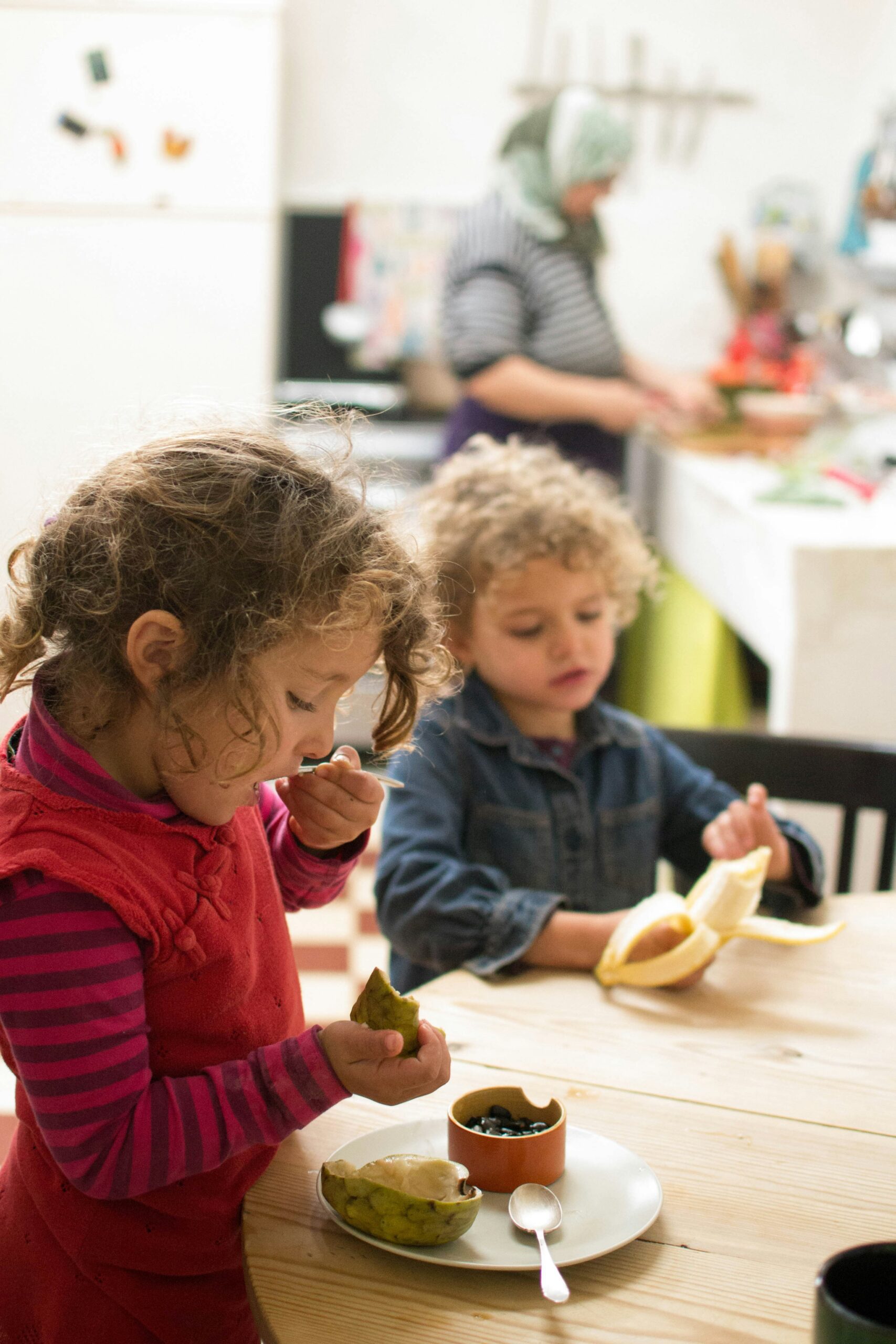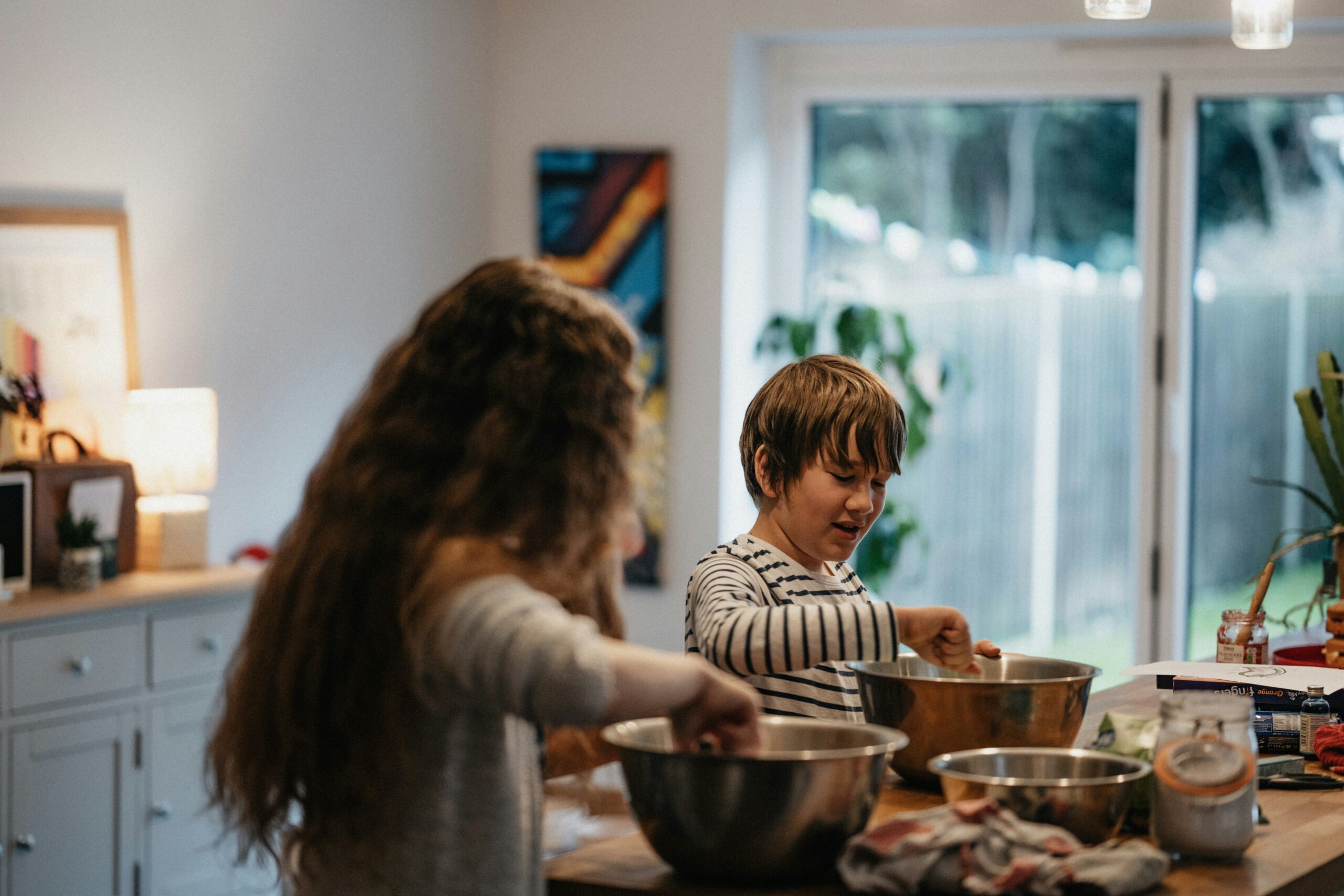Activities of Daily Living

What are Activities of Daily Living (ADLs)?
Activities of daily living are activities related to personal care. An individual diagnosed with Autism Spectrum Disorder (ASD), may find everyday routines, tasks and activities a little more difficult. To increase independence with daily routines and activities of daily living, it can be helpful to break down daily tasks into smaller steps that are easier to learn and manage.
Why are activities of daily living important?
- Increased independence: less reliance on others to help with daily tasks.
- Increased self-esteem: people feel better about themselves with they do not need extra help and improves the quality of life.
What do we focus on?
The focus of activities of daily living is on teaching several skills that foster independence. A person with autism learns self-help skills differently, taking into account sensory, motor, and social issues. Our activities of daily living program targets skills that follow appropriate developmental milestones in a sequential order, allowing our youngest learners to build on the foundational skills needed to continue to learn and grow as they transition to more complex daily living situations.
For early learners, we may focus on fundamental activities of daily living such as:
- Toilet training
- Eating independently
- Washing hands
- Food selectivity
- Walking safely in the community
For older children, we may focus on:
- Showering
- Dressing
- Brushing teeth
- Tying shoes
- Combing hair
- Restaurant etiquette
Activities of daily living for adolescents and young adults may include:
- Meal preparation
- Personal hygiene
- Doing laundry
- Going grocery shopping
- Managing personal finances

